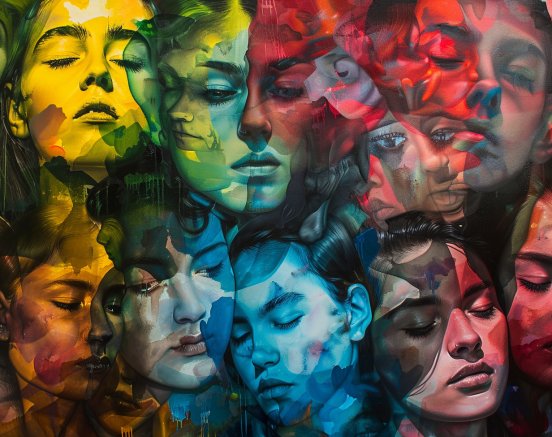Why feelings matter?

AI Blog
Issue #31
01/11/2023
Pegasus will watch YouTube for you
Resources
AI Insider 📰
- Mistral or Europe’s OpenAI, as many call it, is going into its second round of funding, just 4 months after the previous one, where it raised $113M. Its AI model is open-source and here you can see more.
- ChatGPT mobile app revenue is steadily increasing, with 38M active users in September. Here is an interesting breakdown of the App Store market for AI apps.
- Google Maps has added new AI tools to aid navigation and discovery, including immersive route previews, augmented reality search, speed limit information and thematic recommendations.
- Meta’s Chief AI Scientist made some very interesting statements about AI legislation. It’s a bit of a long tweet, but we recommend reading it in full.
- NVIDIA is testing the inclusion of AI chatbots in the chip design diatribe.
- Google invests again in Anthropic, this time its investment is $2B, so combined with the previous one we reach a total of $2.55B.
- Shutterstock now allows you to edit your available photos with AI tools.
Learning Bytes 🧐
- President Biden issued a Presidential Executive Order on Secure, Reliable and Confidential AI to balance national security with consumer rights – creating some of the first international protections that could be bolstered by global legislation.
- The Order calls for comprehensive actions in several areas, from requiring rigorous security testing for robust AI systems to establishing an advanced cybersecurity program
- In particular, it requires AI developers to share safety results, and the National Institute of Standards and Technology to create standards to ensure the safety and reliability of AI tools before public release.
- In addition, it stresses the importance of protecting Americans’ privacy and supporting consumers by requiring the Department of Commerce to label all AI-generated content to protect the mental health of U.S. consumers.
Also, ai.gov, a website was created that showcases the efforts and achievements of the US government on AI. Its advertisements for seeking AI talent are also uploaded there.
- Microsoft Research has partnered with teachers in India to design an AI teaching assistant, Shiksha Copilot, that aims to help overworked teachers by designing personalised lessons.
- Microsoft researchers have published a paper on code diffusion models, in which they report the training parameters of GPT-3.5-turbo to be at 20B . We don’t know if it is a leak, a typo or a deliberate announcement, but the paper was withdrawn for a few hours.
- The G7 countries agreed on a code of conduct to be followed by AI companies.
- Three artists in the US have legally sued AI art generators for using copyrighted images without permission to train AI models. However, Federal Judge dismissed most of the claims against Midjourney and DeviantArt, calling them “problematic in many aspects”.
The central issues have to do with whether the AI systems store copies of copyrighted images and whether their creators can claim infringement if no identical material was produced by the AI tools.
Cool Finds 🤯
See you next week! 💚
#TogetherWeAI





51
Social Media Awards

226
E-volution Awards

29
Peak Performance Marketing Awards

1
Effie Awards

















